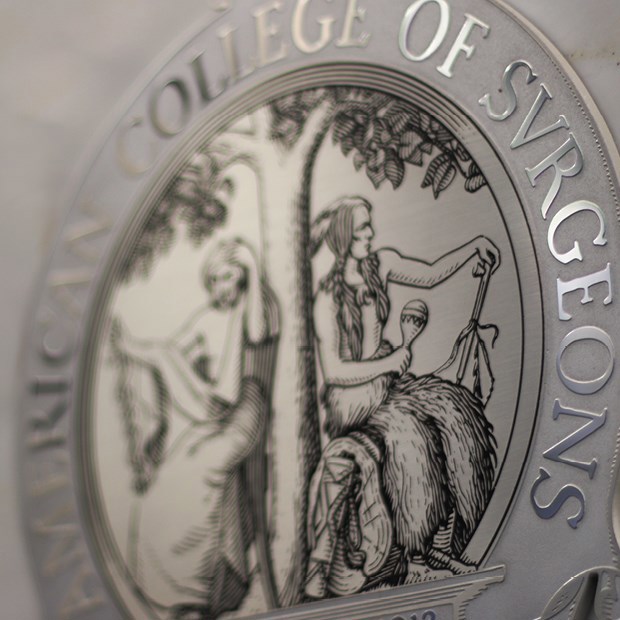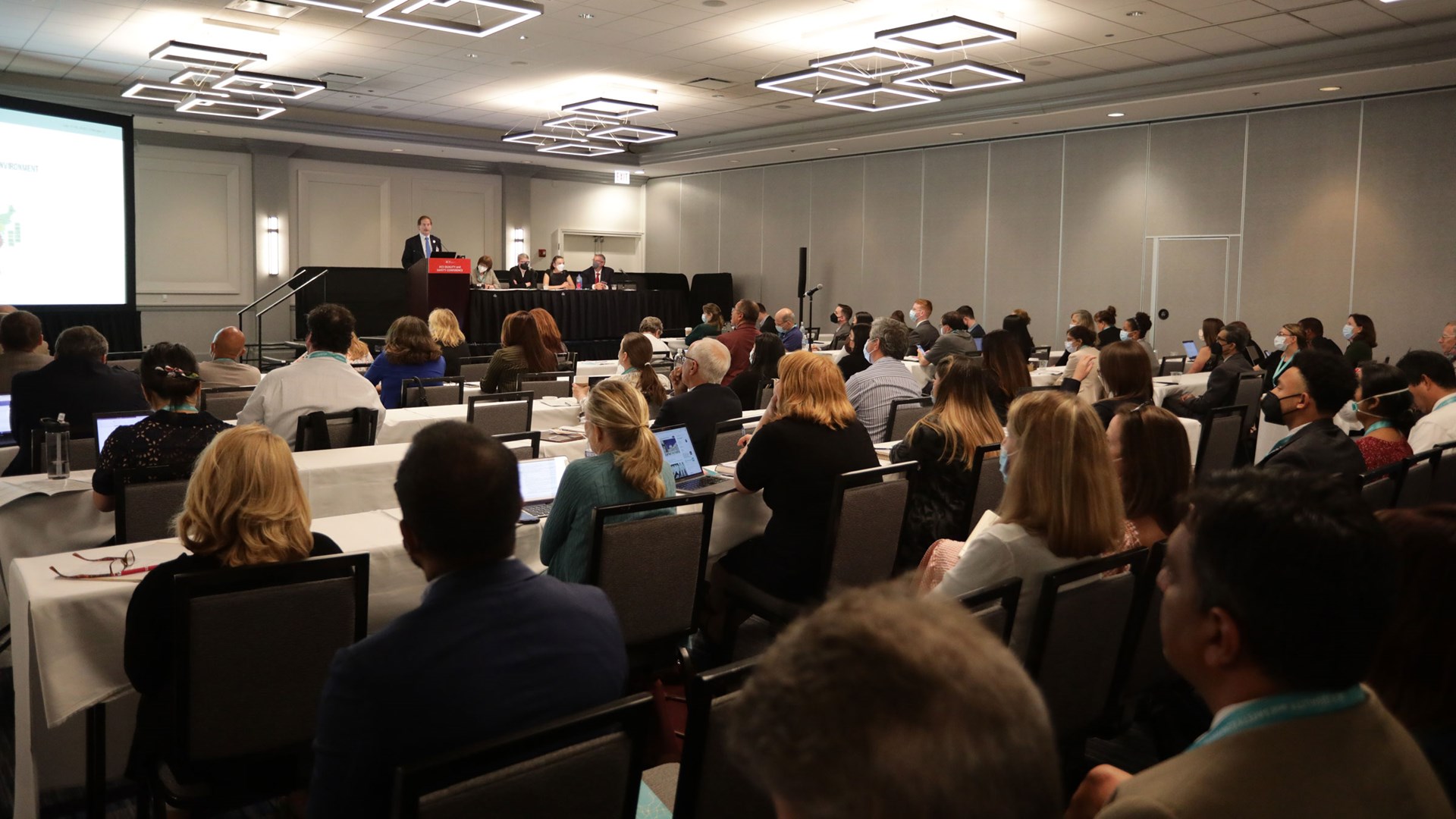In late March, ACS President E. Christopher Ellison, MD, FACS, MAMSE, met with colleagues during the ACS Louisiana Chapter Annual Meeting in New Orleans and provided the following report about his experience:
On March 25–26, I visited the Louisiana ACS Chapter (LA ACS). I was hosted by Donnie F. Aultman, MD, FACS, and other leaders of the chapter. Dr. Aultman is a general surgeon with a practice focus on endocrine surgery. He is the chair of surgery at the Willis-Knighton Medical Center in Shreveport. I had heard that the LA ACS was one of the top ACS chapters, and I was not disappointed. The Louisiana Annual Meeting was well-attended; I would estimate more than 250 attendees.
The program was packed with interesting presentations, including topics on basic science, clinical care, and social issues. It began with a speed mentoring and networking activity for medical students and residents, which was very productive. The program consisted of 43 papers presented in various formats: 7 minutes with 3 minutes for discussion, 5-minute mini-talks, and lectures, as well as panels.
Ronald M. Stewart, MD, FACS, former Medical Director of ACS Trauma Programs, gave a fabulous address on Firearm Injury Prevention. You could hear a pin drop during his moving presentation.
In the afternoon, there was a panel titled “Diversity, Equity, and Inclusion: Where Do We Go from Here?” It was moderated by Danielle Kay, MD, and Shawn A. McKinney, MD, FACS, with panelists that included Marquinn D. Duke, MD, FACS; Mary Brandt, MD, FACS; Juan C. Duchesne, MD, FACS; and Rafael Tolentino Aquino, MD. The content consisted of the panelists’ stories about the impact and importance of accepting diversity in their lives. It was a very moving and impactful experience. Regardless of our background, race, and gender, we all share common human experiences. We are more alike than not.
The university and community programs are supportive and engaged with the chapter, as evidenced by the faculty participation, as well as that of the medical students and residents.
Papers that impressed me included a description of a prototype of an intestinal expansion device that could be used to increase the size of the small intestine in cases of short bowel syndrome. The vision is to create a device that could be deployed using a nasoenteric tube.
An excellent paper showed that multidisciplinary breast clinics decreased the time for intervention and treatment that emphasized that a team approach was more efficient.
Additional papers addressed the challenges and timing of restoring gastrointestinal continuity after non-trauma emergency abdominal operations requiring intestinal discontinuity, as well as timing of closure of diverting loop ileostomy. Bariatric surgery was covered, including the use of single anastomosis duodenal switch (SADI) versus conventional Roux-en-Y gastric bypass (RYGB) for conversion of failed gastric restrictive operations.
Trauma papers included the development of an algorithm that could be used to reduce the incidence of missed bowel injuries after blunt and penetrating trauma and a multicenter study on perioperative hepatic angioembolization as an adjunct for management of major operative hepatic trauma. Additional topics included endocrine surgery, as well as vascular surgery. An analysis of mass shooting events raised the concern of a high incidence in communities of color. Resident wellness was discussed, including strategies to enhance access to exercise facilities.
The LA ACS Chapter has more than 1,100 members (~900 male; 200 female), with 561 general surgeons and the remainder spread across the entire house of surgery including the surgical specialties. The major concerns of the chapter included:
- Difficulties in crossing state lines when disasters occur that require additional physician and surgeon assistance and the suggestion that the ACS might consider working with state medical examiners and boards to develop mechanisms to remove barriers in such circumstances
- The aging surgeon and how to assist the transition from practice to meaningful professional opportunities and maintaining relevance.
The LA ACS Chapter is vibrant. The future of surgery is bright in Louisiana.
Christopher Ellison, MD, FACS, MAMSE
ACS President












